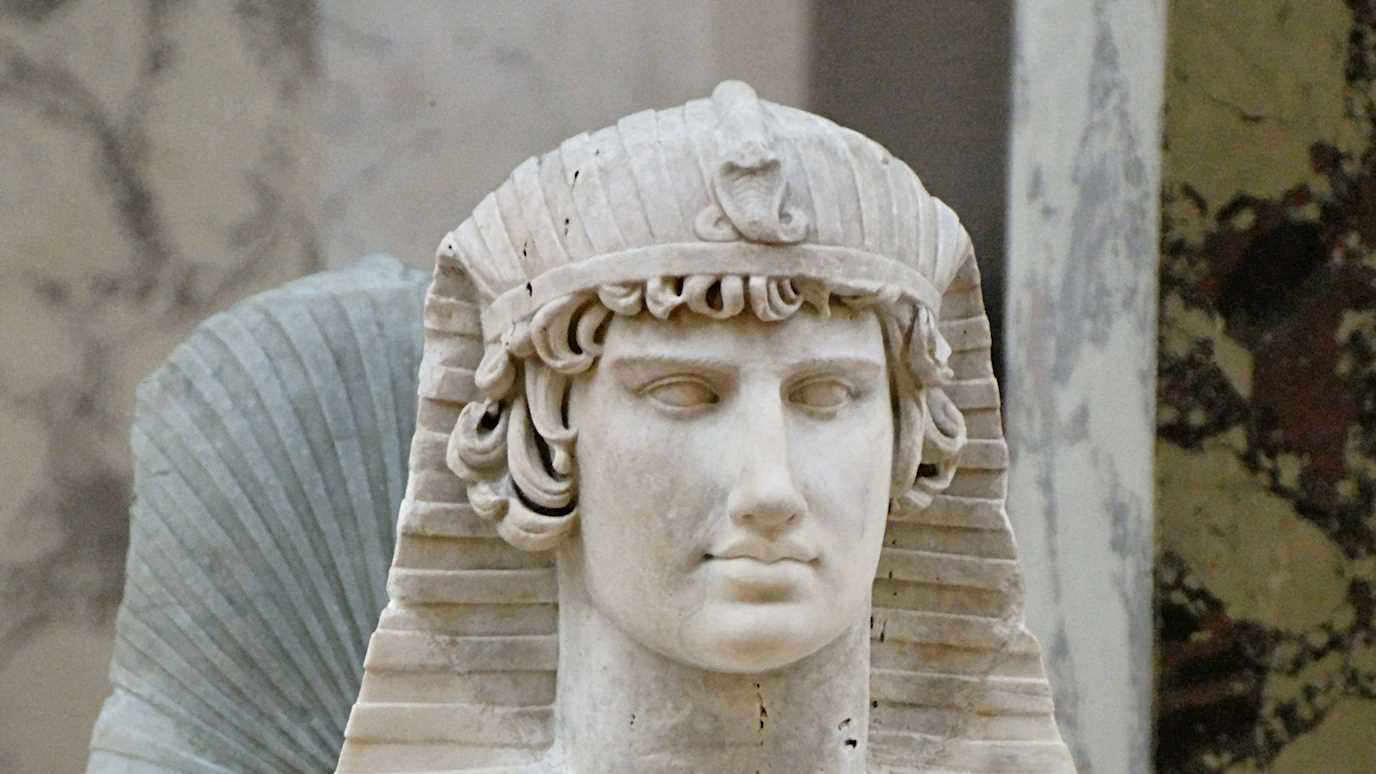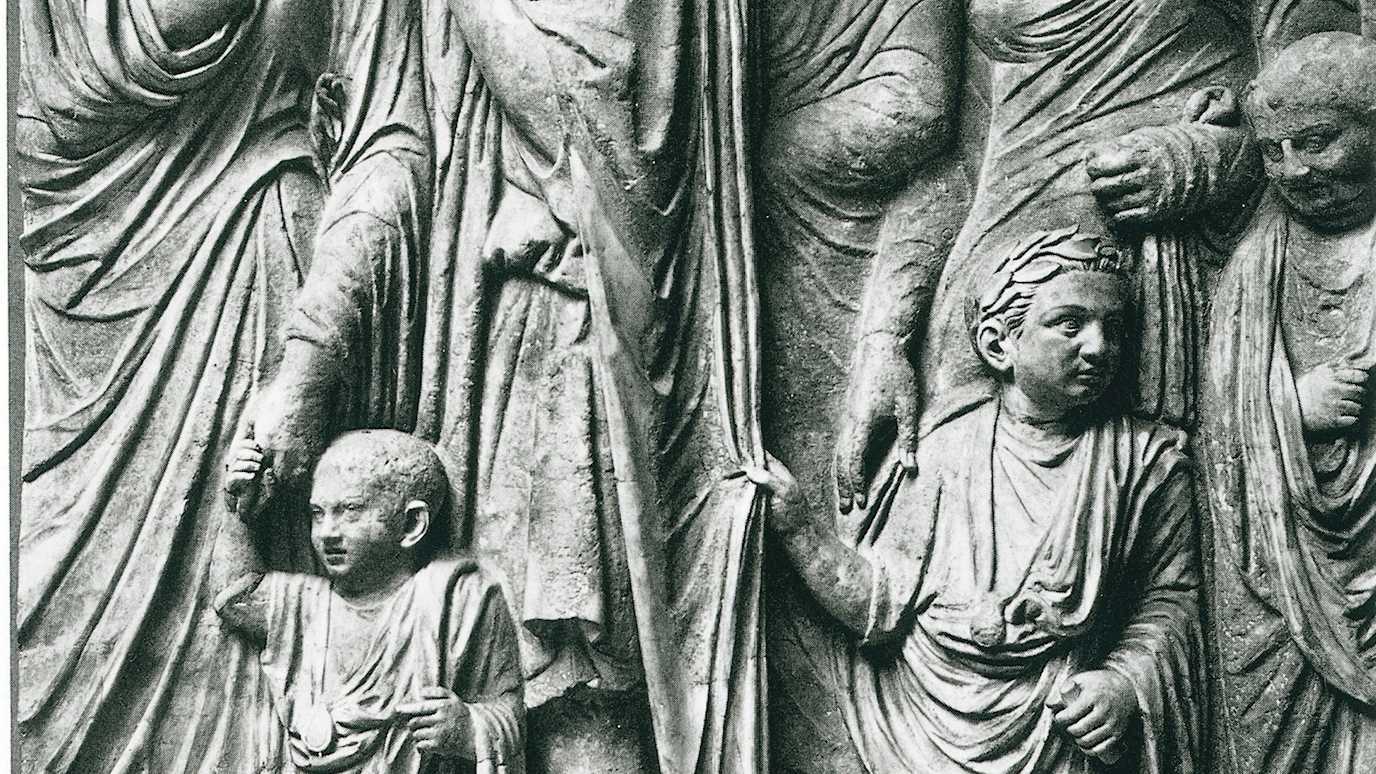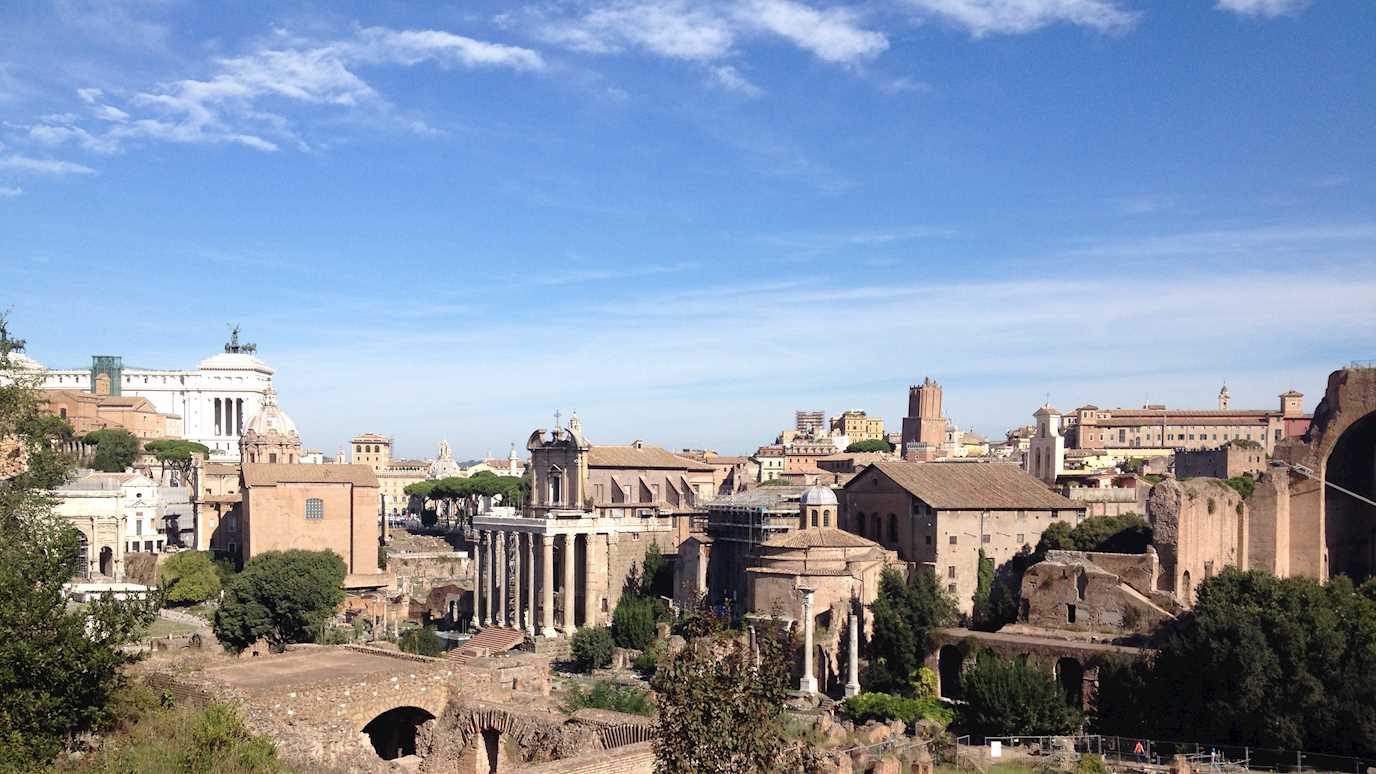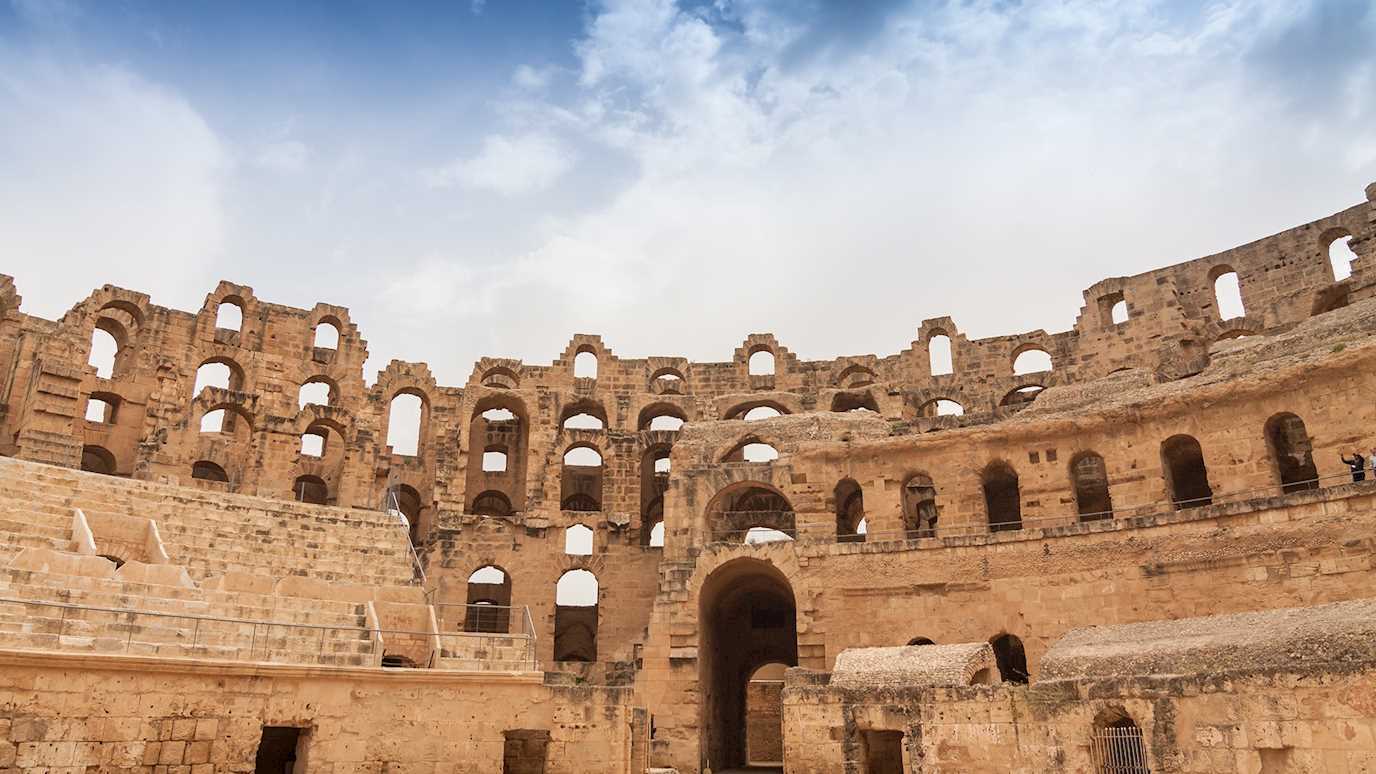We are looking forward to welcoming you to Royal Holloway in September and for engaging you in the range of teaching and activities that we offer in the Classics Department.
In the meantime, before your arrival, here are a few things to think about before you come and some activities to get you thinking.
What to do
From Efi Spentzou
Efi teaches Latin literature and has interests in myth, literary criticism, and feminist thought.
This summer
--you can get a first taste of some of our popular courses around classical myth by reading Stephen Fry's Mythos: charming and modern narratives retelling less thunderous, and at times less well known, myths from ancient authors that will become your companions throughout your journey.
-- find Antigone in the Pakistani communities of North London with Kamilla Shamsie's Home Fire.
--stream The Portrait of a Lady on Fire, sit back and enjoy an 18th century fiery love story to replace Orpheus' (in)famous and killing gazing back which cut Eurydice's life short a second time
From Erica Rowan
Erica is a Roman archaeologist specialising in bioarchaeology. She is interested in ancient foodstuffs and their cultural and economic roles.
- Documentaries - BBC's iplayer is full of them (and so is YouTube)! Type in one single word like Pompeii, Rome or Greece into the iplayer search bar and numerous options will pop up. Not only will you learn a lot, but it's something to do with the family. Also, some documentaries are better than others, so watch closely because the way ancient people, cities and cultures are portrayed in these shows may very well come up in class.
- ORBIS (http://orbis.stanford.edu/) Created by a team at Stanford University, this website is an interactive geospatial network model of the Roman Empire or in more simple terms, a website that allows you to calculate how long it would take to get from one part of the empire to another. How close was Carthage to Rome? How fast could you get from Rome to Londinium? You can change your travel parameters by season, method of transportation and price. This model has taught us a lot about travel and trade in the ancient world.
- HBO's Rome - Hands down the best TV series set in the Roman world. While there are of course some historical inaccuracies, it is one of the few shows that successfully captures the grit and grime of every day life in Rome. It also delves in-depth into the emotional and personal struggles associated with slavery in the ancient world.
- 'Bad' archaeology movies - Bad archaeology or classics movie nights are always a favourite amongst students and there are so many to choose from (Pompeii (2014)). Many of these films are incredibly entertaining (ie. Indiana Jones) yet also often highly inaccurate in their portrayal of major historical events, characters and cultures of antiquity (The Last Legion (2007)). Although they may be 'bad' because they are inaccurate, they are fascinating examples of what modern film producers and audiences expect the practice of archaeology to be or the ancient world to have been like. So watch a few and think about how and why they are made in a particular way. What's been changed? What's been left out? This can be especially fun if you're preparing for university by reading some ancient texts (ie. If you're reading The Iliad, give Troy (2004) a watch).
























